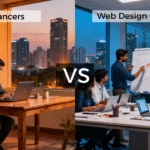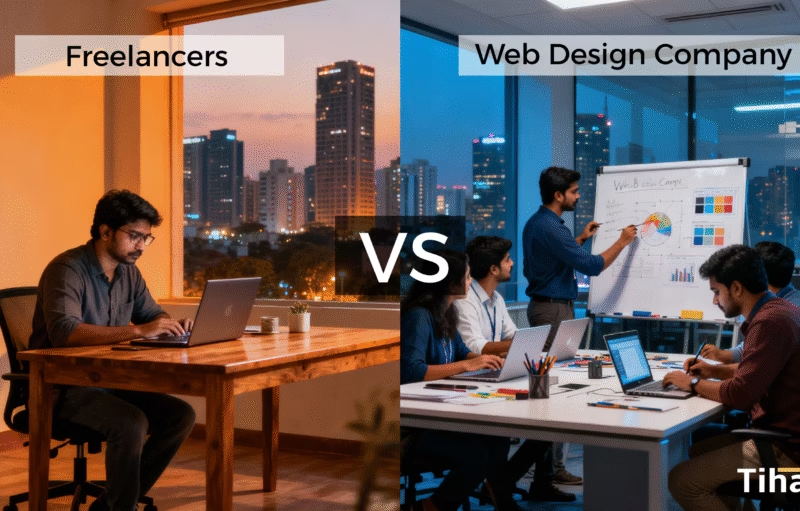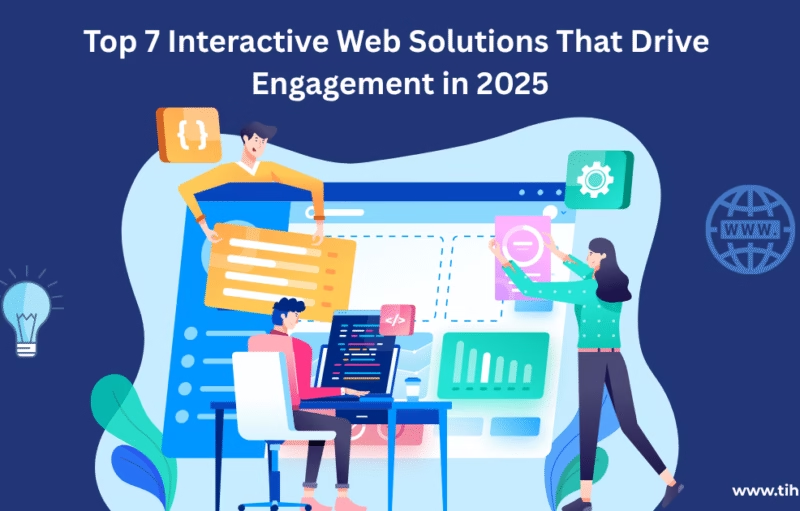SEO (search engine optimization)
SEO is the process of taking steps to help a website or piece of content rank higher on Google. It means taking a bit of online content and optimizing it, so search engines like Google show it towards the top of the page when someone searches for something. The Part of the SEO process is using keywords: words and phrases that describe what your content is about. An SEO strategy (also referred to as the “SEO approach”) is the process of planning and implementing steps designed to improve organic search engine rankings.
SEO Company develops and designs your website and optimizes it so that it should be secure and reliable (that includes the utilization of HTTPS). If Google realizes that your website is not secured, it won’t rank your website. If your site is slow, it will increase your bounce rate, negatively affecting your business. Thus, their main objective is to optimize your website for a human audience, not search engine bots.
1. Mobile SEO
SEO companies focus more on running SEO campaigns via mobile phones because most people do most of their searching through a mobile device. This will increase the search ranking in upcoming years.
2. Zero-Click Search
Many zero-click searches are local, so they will focus on building a solid backlink profile and setting up a Google My Business account.
3. Voice Search
Nowadays, voice search is changing how the world interacts with search engines. People prefer conversation sampling daily; they focus on answering questions before users ask them. They will make the search more efficient using voice search.
4. Intent Content
They will focus on having best-in-class intent content curated with the user in mind; this is a must to rank well. They will do intelligent keyword research to write about topics on your website; then, they will study your competitors’ content and create something better and new. They will make your content searcher- and buyer-centric. And ensure that it should be helpful and address the specific pains your buyer is looking to solve or fix.
5. Video Content
They will focus on the video component as YouTube’s impact on SEO continues to increase, these videos should voice the target keywords and be optimized for search. Also, they will embed a video on your website that targets the same keyword.
6. Basic Web fundamentals
The primary web fundamentals will gain prominence as a ranking factor. So, they will focus on quick loading and response times and easy mobile navigation to make the coveted top ten in SERP.
7. User Experience
This means websites will need to be optimized for a good user experience. Google uses Rank Brain Algorithm to determine whether a search result is essential to a user. Google’s new algorithm, SMITH (Siamese Multi-depth Transformer-based Hierarchical), builds off of the BERT (Bidirectional Encoder Representations from Transformers) algorithm to allow Google to better understand the intents and purposes of longer, more in-depth pages with a high frequency of content. They will enable the possibility of housing numerous (related) topics on one page rather than dedicating different landing pages to other issues.
They maintain three primary experience metrics
- Click-through rate: how many people clicked on your link when it showed in search results
- Bounce rate: refers to the number of people who visited your site and left after a few seconds. When that happens, Google will perceive the website as irrelevant.
- Dwell time shows how long people stay on your website after visiting it. This usually links to the quality and relevancy of your content.
Cumulative Layout Shift
CLS is one of the most significant changes on the horizon this year. Users experience it when site content suddenly displaces, causing errant clicks. They will make sure that all marketers should have this on their radar.
High-Quality Backlinks
They will create a high-quality backlink for your website because a single, high-quality backlink from top news sites is more valuable than millions of low-quality links from other websites.
Thus, the Technical factors of SEO and media relations are a powerful combination for the future of SEO
SEO Agency
1. Technical Factors
SEO has three technical factors that are highly important:
Secured and reliable website (and that includes the utilization of HTTPS)
- Mobile responsiveness
- Fast website load speed
2. Content Optimization
They will help to research smart keywords for your websites. They will help develop content for your audience; also help to optimize your content for Google’s algorithm. They will remember to avoid keyword stuffing because (you can get penalized), but keyword optimization.
3. User Experience
You cannot tackle SEO without the user experience, so the agency will help make your website user-friendly, and to drive more traffic, they will help solve queries and answer the visitors’ questions to your page.
They will help to check these user experience metrics
- Click-through rate: how many people clicked on your link when it showed in search results
- Bounce rate: refers to the number of people who visited your site and left after a few seconds. When that happens, Google will perceive the website as irrelevant.
- Dwell time shows how long people stay on your website after visiting it. This usually links to the quality and relevancy of your content.
4. Link Profile
They will help to create backlinks. Google checks the websites linking to your site, whether relevant and related to your keywords and niche. Thus, they will help to maintain such things.
5. Social Signals
Top-ranking pages on Google usually have thousands of social shares. So, getting social shares can have a positive impact on your ranking. Thus, they will help to achieve top rankings by sharing it with many peoples.















